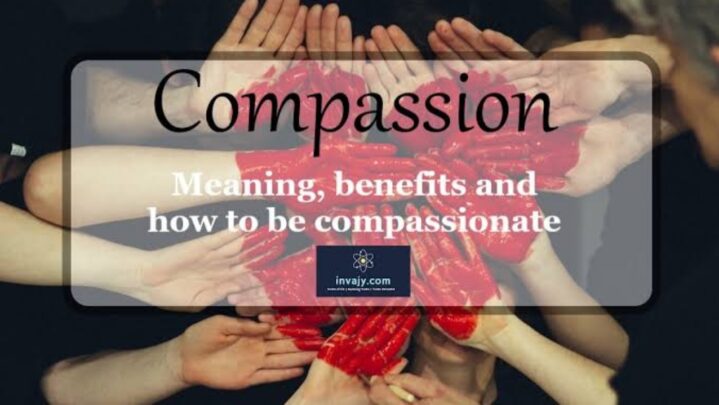Compassion entails empathizing with another person’s suffering and wishing to assist in alleviating it. Compassion is related to other emotions such as sympathy, empathy, and altruism, though the concepts have some key differences. Empathy refers to the general ability to take another person’s perspective and feel the emotions of others, whereas compassion is what happens when those feelings of empathy are accompanied by the desire to help.
Impact of Compassion
Compassion may improve your life in a variety of ways, from strengthening your relationships to increasing your overall happiness. Some of the benefits of compassion include:
It feels lovely to give:
Giving and receiving compassion can both increase your psychological well-being, which is one of the reasons why it can be so beneficial. Being the recipient of compassion can assist you in receiving the help you require to get through a difficult situation. Giving compassion to others, on the other hand, can be just as satisfying. Giving money to others in need, for example, yields bigger happiness returns than spending it on ourselves, according to studies.
People that are compassionate live longer:
Volunteering to aid folks for whom you feel compassion can help you live longer. According to one study, persons who volunteer out of care for others live longer than those who do not.
Compassion leads to a life of meaning:
According to one study, the satisfaction that comes from living a life of purpose and meaning that is fuelled by kindness and compassion can help people live longer and healthier lives. Participants in the study had lower levels of sadness, greater immunity, and less inflammation when they experienced eudaimonic happiness or happiness that comes from living a meaningful life that includes helping others.





